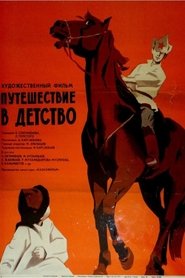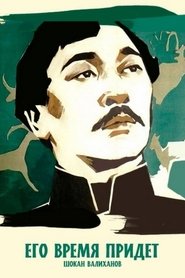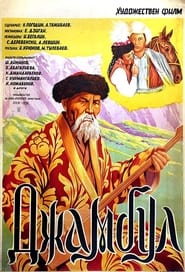detail profile kurmanbek dzhandarbekov

Kurmanbek Dzhandarbekov
Курманбек Джандарбеков
atau dikenal sebagai
Riwayat Hidup
He was born on December 25, 1904 (January 7, 1905) in the territory of the present-day Sayram district of the South Kazakhstan region, Kazakhstan.
He came from the Sikym clan of the Dulat tribe.
In 1925, he graduated from the Institute of Public Education in Tashkent.
In 1928-1929, he studied in the acting department of VGIK (All-Russian State Institute of Cinematography).
Since 1925, he worked as an actor and director at the Drama Theater in Kyzylorda.
From 1934, he worked as an actor and director, artistic director (1944-1948), director (1953-1955), and chief director (1949-1952; 1956-1959) at the Kazakh State Academic Theater of Opera and Ballet named after Abai.
He also acted in films.
From 1949, he taught in the opera class at the Almaty Conservatory, and from 1961, he became the head of the opera department (and professor since 1970).
He passed away on July 9, 1973, and was buried in Almaty at the Kensai Cemetery.
Info Pribadi
Peran Yang Di Mainkan Kurmanbek Dzhandarbekov
 The writer Bektasagha arriving in his...
The writer Bektasagha arriving in his...Journey to Childhood 1968
The writer Bektas-agha, arriving in his native village, remembers his childhood: his mother died early, his careless father, who married the beautiful Kulimbala, the teacher Sagatbai. It was a time of collectivization. Bai and his henchmen, playing on the feelings of people expecting hunger, persuaded the collective farmers to barytma — stealing the herd from the neighbors. The members of the cell offered to punish all the perpetrators, but they made up the majority of the residents of the village. The teacher convinced that it is impossible to punish the people for their darkness, it is necessary to find the instigators. So, overcoming their illiteracy, the resistance of the Bay bandits, the collective farmers gradually improved their lives.
 Kazakh scientist and traveler Chokan Valikhanov...
Kazakh scientist and traveler Chokan Valikhanov... The film tells about the life...
The film tells about the life...